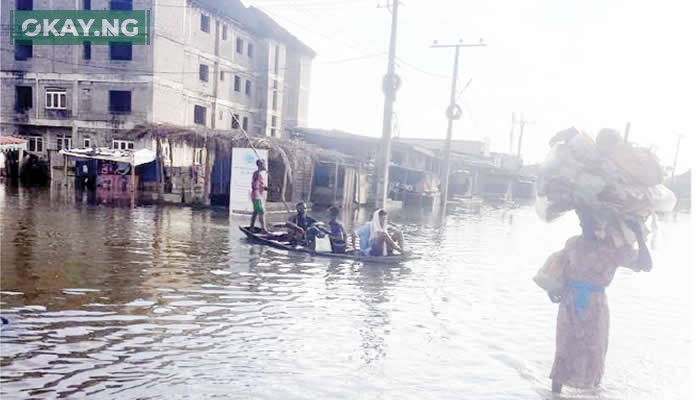The National Emergency Management Agency (NEMA) has intensified efforts to combat the devastating flood crisis by deploying its officials to 15 states identified as high-risk for flooding. This strategic move aims to educate residents on the imminent dangers and encourage relocation from flood-prone zones. According to Manzo Ezekiel, Head of NEMA’s Press Unit, states such as Kogi, Imo, Enugu, Adamawa, Taraba, Borno, Zamfara, Katsina, and the Federal Capital Territory are among those targeted for this outreach.
Ezekiel lamented that many victims of the May 23 flooding in Mokwa, Niger State, had constructed homes within gullies highly susceptible to flooding. The tragedy claimed over 200 lives, with hundreds still missing. Despite official warnings, the scale of the disaster overwhelmed residents who were unprepared for such an unprecedented flood.
Niger State, Nigeria’s largest by landmass, hosts three major dams—Kainji, Jebba, and Shiroro—that are critical to the national electricity grid, with a fourth dam under construction. The state has experienced recurrent flooding, including a recent event in April where dam water releases destroyed over 5,000 farms across 30 communities.
Ezekiel emphasized, “Although Mokwa was identified as one of the local government areas that were at risk of being flooded, the magnitude at which it occurred was unprecedented. If you visit the location where the flooding happened, you will see that the houses were built in a big gully.”
He urged all communities to remain vigilant, stating, “Even those LGAs that were not identified as high risk should not relax. Every community needs to take necessary steps to forestall flooding.” He also highlighted the importance of early evacuation and community preparedness, noting that NEMA has been conducting in-person advocacy and training on emergency healthcare and evacuation procedures nationwide.
The Federal Government has also stepped up its response, with NEMA Director-General Zubaida Umar visiting the flood site within 24 hours to coordinate relief efforts. Ezekiel praised the collaboration between NEMA and state agencies, including health, transport, Red Cross, civil defense, and police units.
Addressing misconceptions, Minister of Water Resources and Sanitation Joseph Utsev clarified that the flooding was not caused by water releases from Kainji or Jebba dams but resulted from extreme weather and blocked waterways due to unregulated construction. He reiterated the urgent need for improved drainage infrastructure and relocation of vulnerable communities.
The Niger State Emergency Management Agency reported the death toll has risen to 160, with bodies recovered from flood debris, including two children. Verification was conducted in partnership with NEMA, the International Organisation for Migration, and the Red Cross.
In response, the League of Northern Democrats called for compensation, resettlement, and construction of subsidized housing for displaced victims. They urged the government and private sector to support recovery and invest in flood control measures.
Meanwhile, NEMA has intensified community engagement in Ekiti State, identified by NIMET as flood-prone. Dr. Evans Ugoh, NEMA’s Deputy Director of Disaster Risk Reduction, urged residents to avoid behaviors that exacerbate flooding, such as dumping refuse in waterways. The Ogoga of Ikere Kingdom, Oba Adejumi Adu-Alagbado, also called for strict enforcement against illegal dumping.
With the rainy season running from April to October and forecasts predicting heavy storms in multiple states, NEMA’s comprehensive approach combines public education, emergency preparedness, and inter-agency collaboration to mitigate the impact of Nigeria’s recurring floods.













